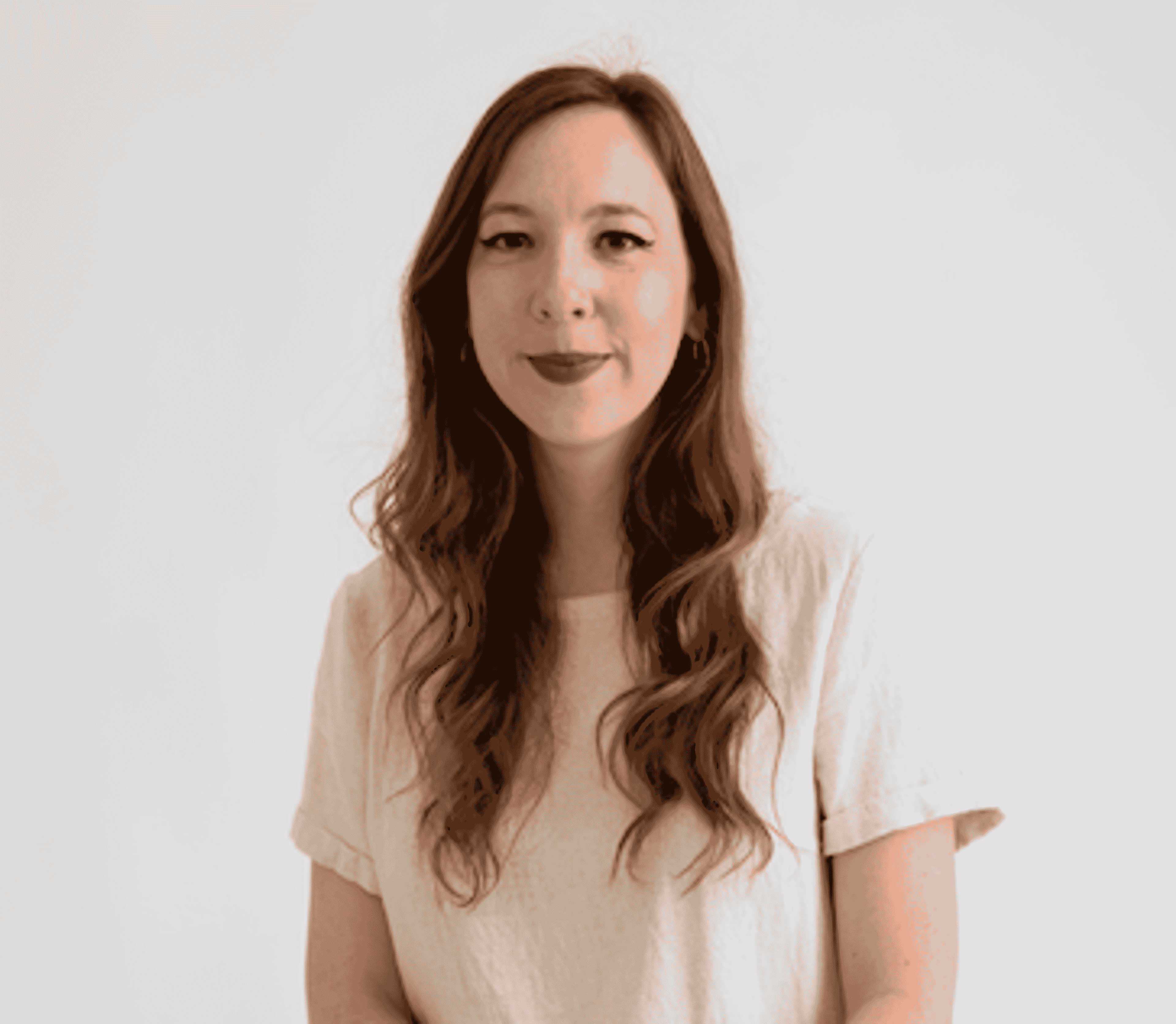Healing Through a Traumatic Brain Injury and Memory Loss: Kelly Westbrook
When Kelly Westbrook was 23, she was in a single-car accident that put her in a coma for 12 days. She had a shattered left hip. And she had a traumatic brain injury, which led to brain bleeds and memory issues. When she woke up from her coma, she says she she didn’t cry or communicate for a “very long time.” And she didn’t remember the previous year of her life...
When Kelly Westbrook was 23, she was in a single-car accident that put her in a coma for 12 days. She had a shattered left hip. And she had a traumatic brain injury, which led to brain bleeds and memory issues. When she woke up from her coma, she says she she didn’t cry or communicate for a “very long time.” And she didn’t remember the previous year of her life.
Thankfully, though, she did remember her family, whom she says were some of her best supports throughout her healing journey. Through five weeks of inpatient therapy and then a few months of outpatient therapy, she learned how to walk again. Weeks after the accident, they found out she had double vision as a result from the crash, and she had surgery to reattach the nerves in her eye. She also began relearning the things she couldn’t remember, daily tasks from how to shower to how to use an oven, as well as ways to cope with memory issues.
Westbrook says even now, she doesn’t remember the time period of several months after the accident.
“I don’t remember anything about the hospital or a little while after, but I do remember that it was just like one day, there was just like a click, like something happened, and I just was suddenly somewhat back to normal again,” Westbrook says. “Definitely prayer had so much to do with it. I had so many people — family and community support was amazing.”
Previously an organist at her church, one day while at therapy, she sat down at a piano in the hospital lobby, and found out she remembered how to play. She took a few lessons to brush up on the instrument and was able to play the organ a few months later at Christmas Midnight Mass at her church, which she had done for eight years before the accident. Fourteen months after the accident, she began playing organ and piano at her church’s weekend masses again, too.
In addition to changing how she lived day-to-day life, the accident changed her career trajectory. Before the crash, Westbrook had worked as a nurse. After therapy and taking some time to heal, she went back to her job at the hospital in the labor and delivery department eight months after the accident, but because of the hospital’s fast-paced environment, the setting wasn’t a good fit for her anymore. So, she went to work as a consumer call center nurse and then as a school nurse.
Although able to live her life as a normally-functioning adult again, the ramifications from the accident continued: Five years after the crash, Westbrook began having seizures and couldn’t drive for a year.
From this, Westbrook says she learned how to depend on family and friends.
“[It’s] very humbling [to have to rely on others for everything],” Westbrook says. “Like, [to say,] ‘I need you. I can’t do this on my own.’”
Westbrook says the things she can remember are random: She remembers numbers, dates and birthdays, as well as lyrics to songs from the ‘90s, but she has to focus when she meets a new person in order to remember their name. She says others’ stories and photos help to trigger her memories, which she realizes is true for many people, whether they’ve had a traumatic brain injury or not.
Although Westbrook says for some patients, memory will come back over time after a traumatic brain injury, for her, memories from the year before the accident have not come back in the 11 years since the crash. To cope with her memory issues, she says she takes “meticulous” notes and writes everything down. It takes her a little longer to do tasks, she says, so she can make sure to do them “correctly and accurately.”
She says her family, friends and faith were what helped her through her healing process: Members of her Leopold, Mo., community came together to pray for Westbrook’s recovery and to put on fundraisers for her and her family.
“[A traumatic experience] can really get you down … my life was completely turned around,” Westbrook says. “Faith definitely was the biggest thing and knowing that God had a plan for me that was different than my own plan, but it ended up working out better in the end. Because I don't know where I would be [without everything that happened]. I am now married with three children, three boys, and I can't imagine life without them. I’m very thankful for all of that.”
Now, Westbrook works as a stay-at-home mom for her children Cash, Cameron and Colter. She recalls 11 years ago, when her family members didn’t know if she would ever be able to be an independent, fully-functioning adult again when she first came out of her coma; gratitude, humility and perseverance are three things Westbrook says she has learned throughout her journey.
“Just never give up. Never give up,” Westbrook says. “Know that there’s a brighter future ahead, and you can do it. … Just stick with it long enough, and it’s hard, and it takes a long time, but you can do it.”
Connect with the Southeast Missourian Newsroom:
For corrections to this story or other insights for the editor, click here. To submit a letter to the editor, click here. To learn about the Southeast Missourian’s AI Policy, click here.











